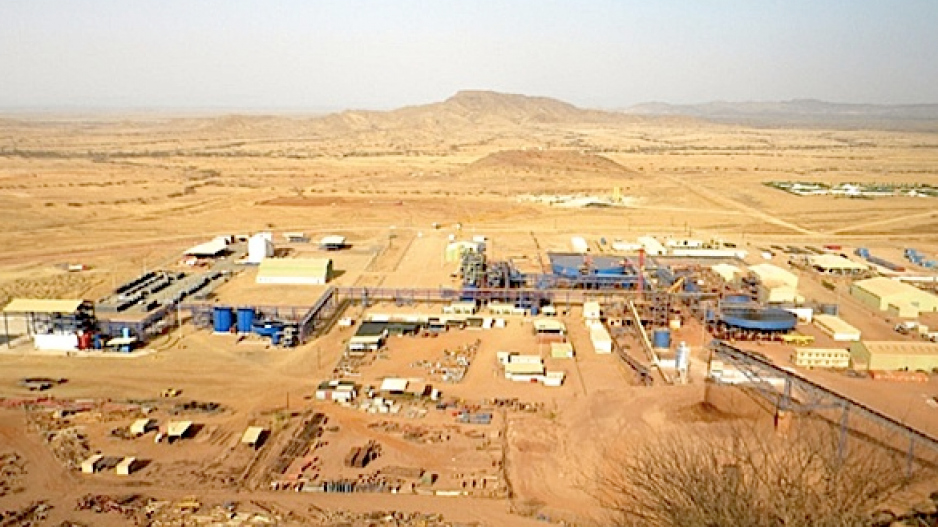Another case involving the alleged mistreatment of or violence against non-Canadians employed at mines owned by Canadian companies in foreign countries has been given the green light to be tried in Canada.
The BC Court of Appeal has rejected an appeal by Vancouver’s Nevsun Resources Ltd. (TSX:NSU) of a lower court ruling that allowed a civil claim against Nevson by three former Eritrean mine workers to be heard in Canada.
The allegations are that the mining company was complicit in Eritrea’s use of slave labour at its Bisha mine.
Eritrea has been accused by the United Nations as a human rights violator for allegedly forcing army conscripts to work on state or private enterprise projects, including mines. The conscripted labour is considered a form of slavery.
Canadian courts have the authority to hear civil cases against Canadian companies, even when the alleged crime took place in another country.
In the past, however, Canadian courts have ruled that the cases should be heard in the country where the alleged crimes took place, if that country has a properly functioning court system where the plaintiffs are likely to have recourse to justice.
But Eritrea has been widely condemned by international organizations as a rogue state that has no real functioning civil government, constitution or reliable court system, so the likelihood of a fair trial is in some doubt.
Nevsun appealed an earlier court ruling that would allow the case against Nevsun to be tried in Canada. The BC Appeal Court today, November 21, upheld the lower court’s ruling, which means the case against Nevsun can be tried in Canada.
“Although the practical and logistical difficulties of trying these claims in British Columbia would be considerable, Chambers judge did not err in finding a ‘real risk’ of corruption and unfairness in the Eritrean legal system,” the appeal court wrote in its ruling.
The ruling sets a precedent that could have implications for all Canadian companies operating in rogue states where human rights violations occur.
“The ruling by the British Columbia Court of Appeal marks the first time that an appellate court in Canada has permitted a mass tort claim for modern slavery,” the Canadian Centre for International Justice states in a press release.
Asked if the company planned to try to appeal the ruling to the Supreme Court of Canada, a spokesperson for Nevsun said the company would not be commenting on the ruling.
The Nevsun ruling is the second one this year in which a BC Appeal Court determined a civil action against a Canadian mining company could be heard in Canada, despite the fact the allegations to be tried occurred in a foreign country.
In June, the BC Court of Appeal ruled that an action against Tahoe Resources Inc. (TSX:THO; NYSE:TAHO) could be heard in Canada.
In that case, Guatemalan protestors who were protesting the Escobal mine in Guatemala alleged that a security company hired by a subsidiary of Tahoe shot and injured protestors.
“The Nevsun and Tahoe cases show that Canadian courts can properly exercise jurisdiction over Canadian companies with overseas operations,” Amanda Ghahremani, legal director of the Canadian Centre for International Justice, said in a press release.
“When there is a real risk of injustice for claimants in a foreign legal system, their cases should proceed here.”




